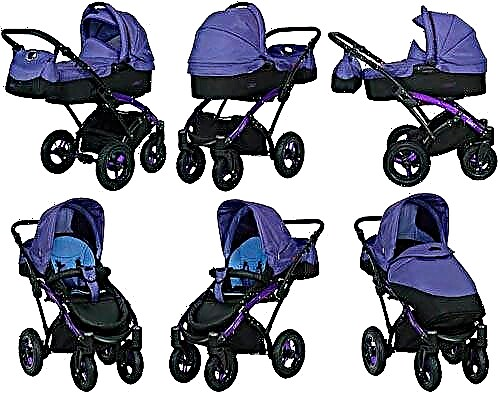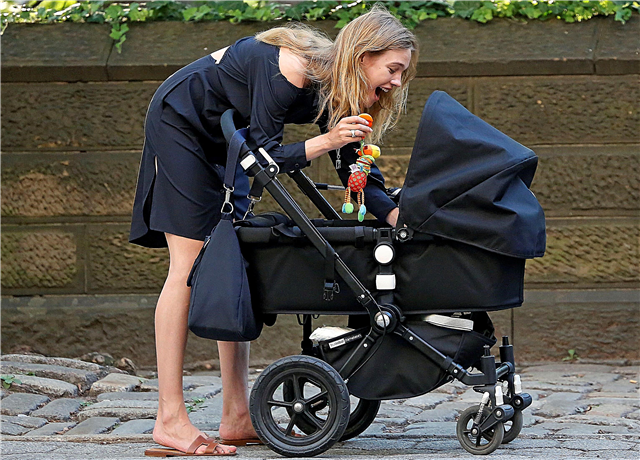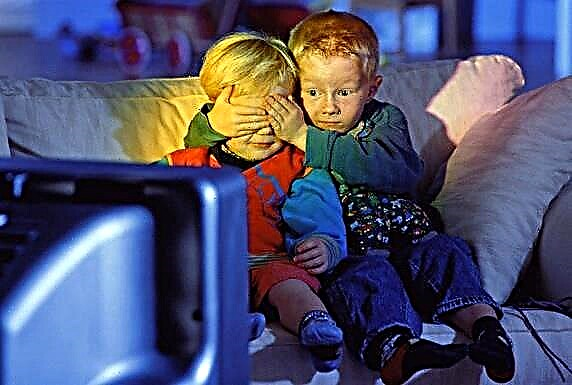
The first word of a baby is an event that parents have been waiting for almost from his very birth. And after the child first puts sounds into a conscious word, the period of the formation of his active speech begins. As a rule, after a year, children try to repeat words after adults, learning to pronounce them.
You should not rush the development of speech skills - let everything happen in a rhythm that is comfortable for the baby. But it will not be superfluous to follow how this process is progressing, to think about how certain games affect the child's ability to speak and his vocabulary.


Where to start?
Often, parents intuitively do exactly what is needed - for example, "lisp" with babies. Scientists from Edinburgh recently proved that children, who are often spoken to by adults in "their language", develop better speech. The researchers found a link between the vocabulary of a one and a half to two year old baby and how much parents used diminutive words (like "car", "tummy", etc.) with him. The more "lisp" - the richer the vocabulary in the future!

The period from one to three years is very important for the development of the child's speech, although at this time he can speak in his own, as if fictional, language. The kid understands what adults are saying to him, but responds with words that sound completely different. At this time, he tries to master the language, "tastes it" and begins to understand how this instrument works. And only a little help is required from the parents in this difficult process. This is where what is called the "language of nannies" comes in handy. Do not neglect expressions like "BBC typewriter" or "chug-chug train". They are important so that the baby is aware: the parents understand what he is saying.
At the same time, it is necessary to maintain a balance: you should not completely switch to the "childish" language. If the baby says "bibika" instead of "typewriter" - you don't need to correct him, but you yourself shouldn't say that either.
Sociability of parents
In general, the more you chat with and with your child, the better. After all, parenting behavior is a standard for children, including those who do not speak yet. Constantly tell the little one what you are doing or what you will do when you go for a walk, talk about how your day went, and ask questions. Even if the baby does not answer you, he still understands you and, perhaps, even reacts in his own way to your monologue "in his mind." Speak difficult words slowly and use them yourself more often.

The main thing is not to reduce communication to one order like "take away toys" and "eat porridge".
On the other hand, sometimes excessive talkativeness of parents can become an obstacle to the development of speech. If you constantly anticipate the wishes of the baby by asking questions that can be answered with a nod of the head, he simply does not have an incentive to start talking. So it is important to nudge the child into the discussion. Instead of insisting "say the ball," ask "what do I have in my hands?" or "what did you play with dad today?" Tricks like bribery and blackmail, or a frank encouraging tone are unlikely to help a child speak fluently right away. Suggesting a toy for the word "mom" or insisting on the same thing is an ineffective tactic.
Paying attention to the formation of speech is also important in the process of games. How soon your toddler learns to speak out loud is influenced by many factors, including the development of finger movements and fine motor skills. Teach your child to untie and tie shoelaces, sort out the rump with him, play "finger theater" and, of course, play construction sets. All this indirectly helps him learn to speak.


Example game
Combine assembly of construction sets with role-playing games, which no longer indirectly, but directly affect the development of speech.
Make up stories and help your child do the same. To make the process easier, use characters you know and love.
For example, with toddlers from two years old, it will be fun to come up with new adventures for Minnie Mouse using the set Lego® DUPLO® "Minnie's Birthday" (art. 10873). Imagine how the heroine is preparing for a party in honor of her holiday and which of her friends she is going to invite. Put her in the car and ask the crumbs - where is Minnie going? Maybe she needs to buy a cake? Or does she just want to give her cat a ride with a breeze?
By answering your questions, the child will come up with a plot. Decorations and minifigures from the set will help him with this.

Over time, he will learn to compose whole fairy tales and describe scenes in detail - and this is useful not only for expanding vocabulary, but also for the formation of imaginative thinking and the development of fantasy.




